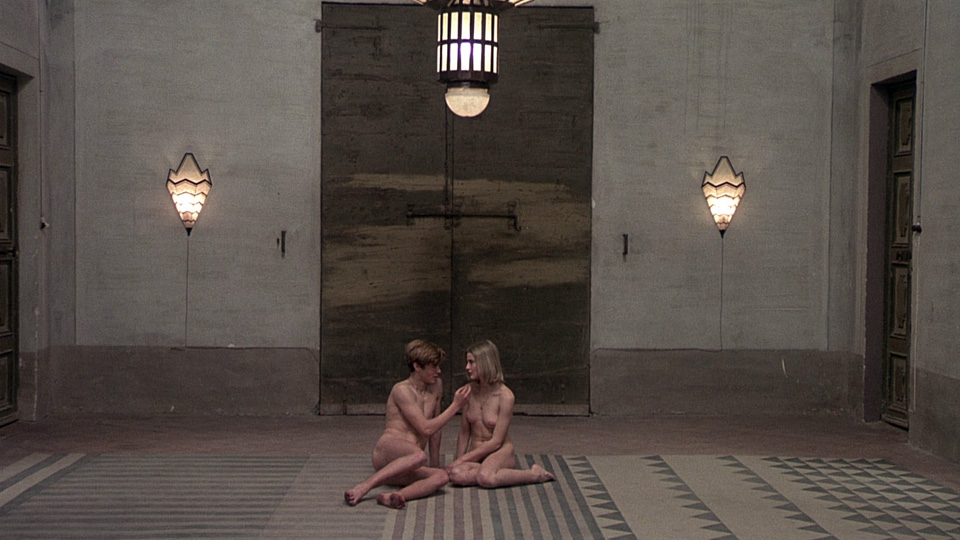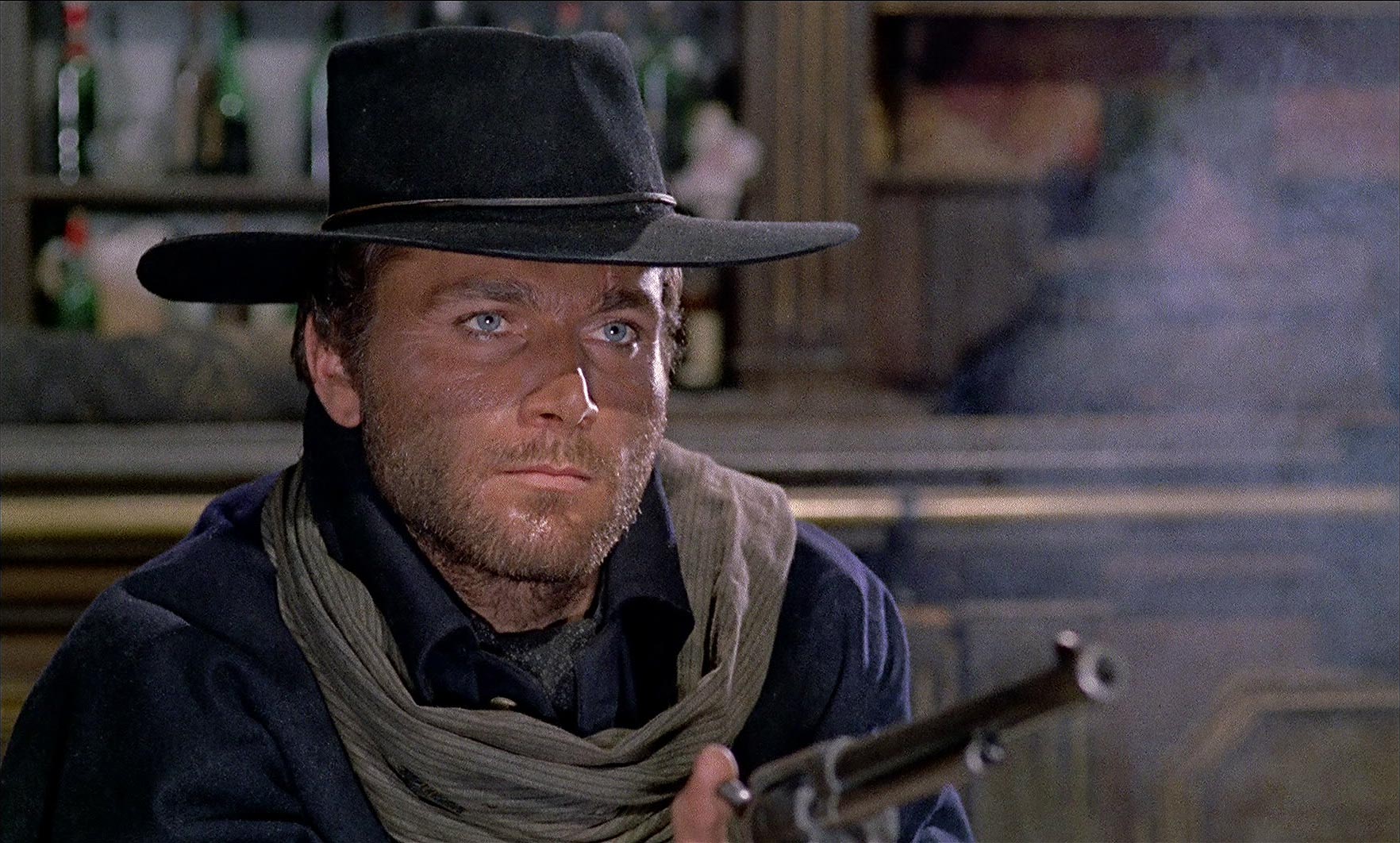Vincere
 In the first scene of Vincere, Benito Mussolini (Filippo Timi), addressing a small gathering, borrows a watch, then declares that he is giving God five minutes to strike him dead. To Mussolini, God's failure to do so is proof that He does not exist. It's possible the film's writer and director, Marco Bellocchio, agrees with him on this point at least.
In the first scene of Vincere, Benito Mussolini (Filippo Timi), addressing a small gathering, borrows a watch, then declares that he is giving God five minutes to strike him dead. To Mussolini, God's failure to do so is proof that He does not exist. It's possible the film's writer and director, Marco Bellocchio, agrees with him on this point at least.
It's immediately apparent that this historical drama is a bracingly unconventional biopic. Bellochio kicks it off by moving freely forward and backward in time, showing the Socialist Mussolini as a rising star at the epicenter of turmoil in Italian politics. But the constant here is the presence of Ida Dalser (Giovanna Mezzogiorno, radiating smarts and sadness), who is seen grinning as Mussolini blows past her, hounded out of that room by his own outraged audience; helping him hide from a mob on the dark streets of Trento after his denunciation of the Vatican; slipping him a mash note as he leads a Socialist demonstration in the streets, denouncing the king and the coming war. Within nine minutes of screen time, it's 1914 and she's naked in his arms.
The action of this love story is punctuated by a title sequence that comes on like a Guy Maddin pastiche, full of architecture-as-phallus symbolism and grainy shots of neon industry, locomotives, city streets, and Italian nightlife edited to Carlo Crivelli's ferocious score. One of the delights of Vincere is this kind of stylishness, weaving archival footage and a lust for vintage typography into amped-up political melodrama of a nightmarish intensity. Another is the film's more general capacity to surprise. At first, the film seems to be all about Benito Mussolini. After some time, it seems that it's not about him at all. And then, in the end, it rears back in horror pulling focus not just on Mussolini himself, but on his legacy and the scars he left on a national psyche.
The plot is simple but juicy — Dalser, who used her savings to bankroll Mussolini's newspaper, Il Popolo d'Italia, is married to the future il Duce in a secret ceremony and even bears him a little Benito. But no documents of the marriage exist. A year later, when he marries his lover Rachele Guidi (Michela Cescon), the writing seems to be on the wall for poor Ida Dalser. Determined to have Mussolini recognize the legitimacy of his son, Dalser pushes the issue with him despite their enforced estrangement. It's a strategy driven by pride and a sense of righteousness that eventually lands her in a madhouse.
Mussolini himself disappears for long stretches of the film, as it transforms into a long, handsome chronicle of the tribulations of Ida Dalser. It's true that as the film progresses, it becomes substantially more ordinary, though Bellocchio's compositions and the camerawork by Daniele Ciprì (according to IMDb, a director in his own right) are ravishing throughout. Mezzogiorno's capacity for exquisite suffering is not quite at the level of Falconetti, but she's never less than compelling.
Timi's commanding presence on screen is missed (during this long midsection, Mussolini is seen mainly in newsreel footage of the actual dictator), but still there's an urgency and outrage running beneath the film's surface that keeps its heart beating. When the elder Mussolini once again rears his ugly head in the narrative, he's being channeled by young Benito (also played by Timi), now at boarding school, who amuses his classmates with a pitch-perfect burlesque — a joyless, spot-on parody of his father's megalomaniacal gestures and mannerisms. It's his boundless mockery of the dictator that leverages the full force of Bellocchio's disgust with Mussolini's legacy, evoking the historical weight of Europe's Fascist tragedy on a small, resolutely humane, scale. The latter section of the film never quite regains the brio of its first few reels, but it remains a magnificent thing — not a little frightening in its implications. I'm not a big fan of history-as-cinema movies, but this is one of the great ones.
After watching this, I'm a bit embarrassed to admit that I previously knew Bellocchio mainly as the director of what I thought of as "that big European blow-job movie from 1986," Devil in the Flesh, which I dutifully consumed as a horny teenager. Some online research indicates he is quite highly regarded in some circles — he has the Silver Bear from Berlin and the FIPRESCI Prize to prove it — and the estimable quality of Vincere suggests his work is well worth further investigation.
Posted by on March 18, 2024 10:00 PM


